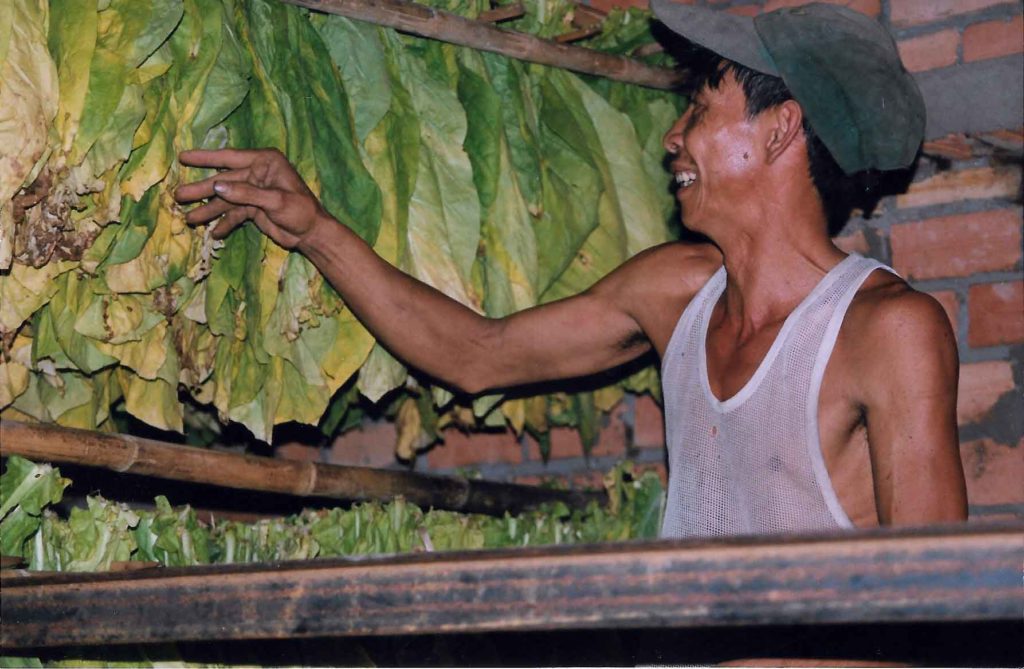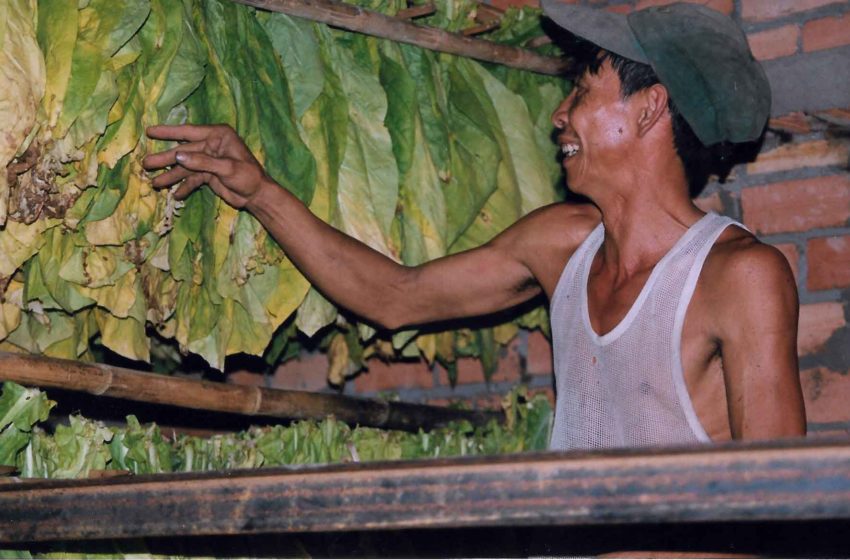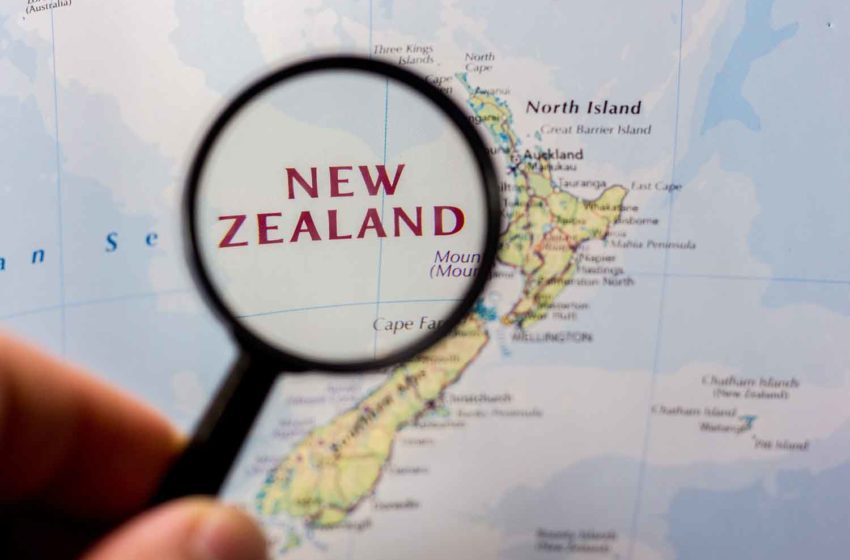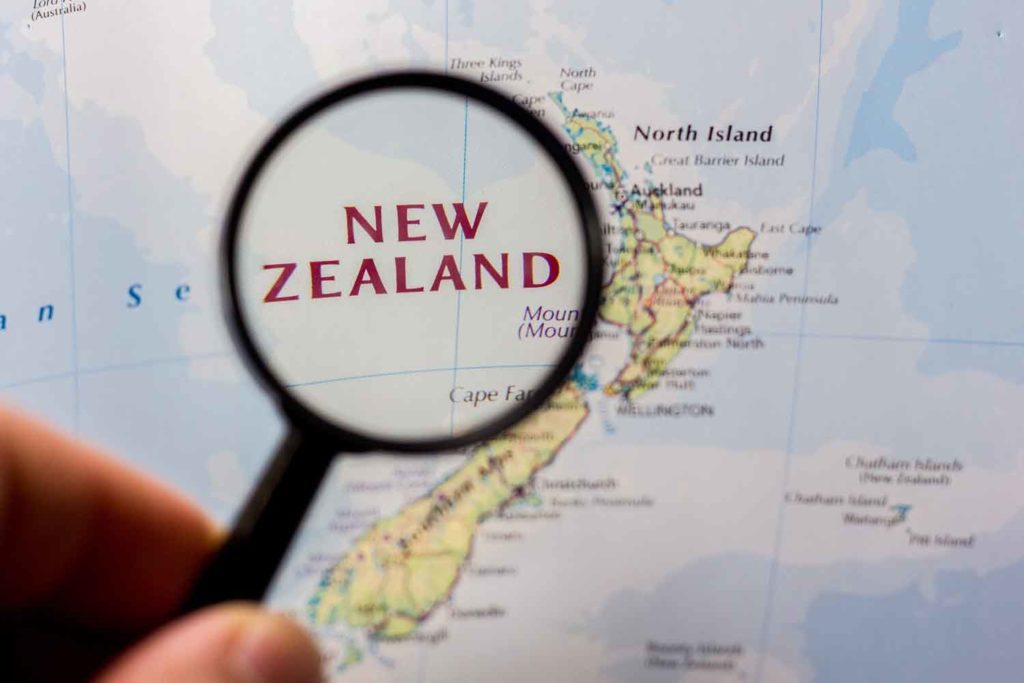
Vietnam has approved the National Strategy on Tobacco Harm Prevention and Control to 2030, reports Vietnam+.
The strategy aims to reduce the rate of male tobacco use to less than 39 percent between 2023 and 2025 and to reduce the rate of female tobacco use to below 1.4 percent.
It also aims to reduce passive smoking to less than 30 percent at work, less than 75 percent at restaurants, less than 80 percent at bars and cafes and less than 60 percent at hotels.
A road map will be created to increase taxes on tobacco products, regulate the minimum selling price of tobacco products and research and evaluate the effectiveness of the plan for calculating taxes on tobacco products on the retail price in order to achieve a reduced rate of tobacco use.
The strategy also proposes promulgate regulations on the prevention of e-cigarette products, heated-tobacco, shisha and other new tobacco products and the sale of tobacco for juveniles or juveniles selling tobacco under the World Health Organization Framework Convention on Tobacco Control.
Vietnam remains one of the 15 countries with the highest smoking rate among male adults.

















